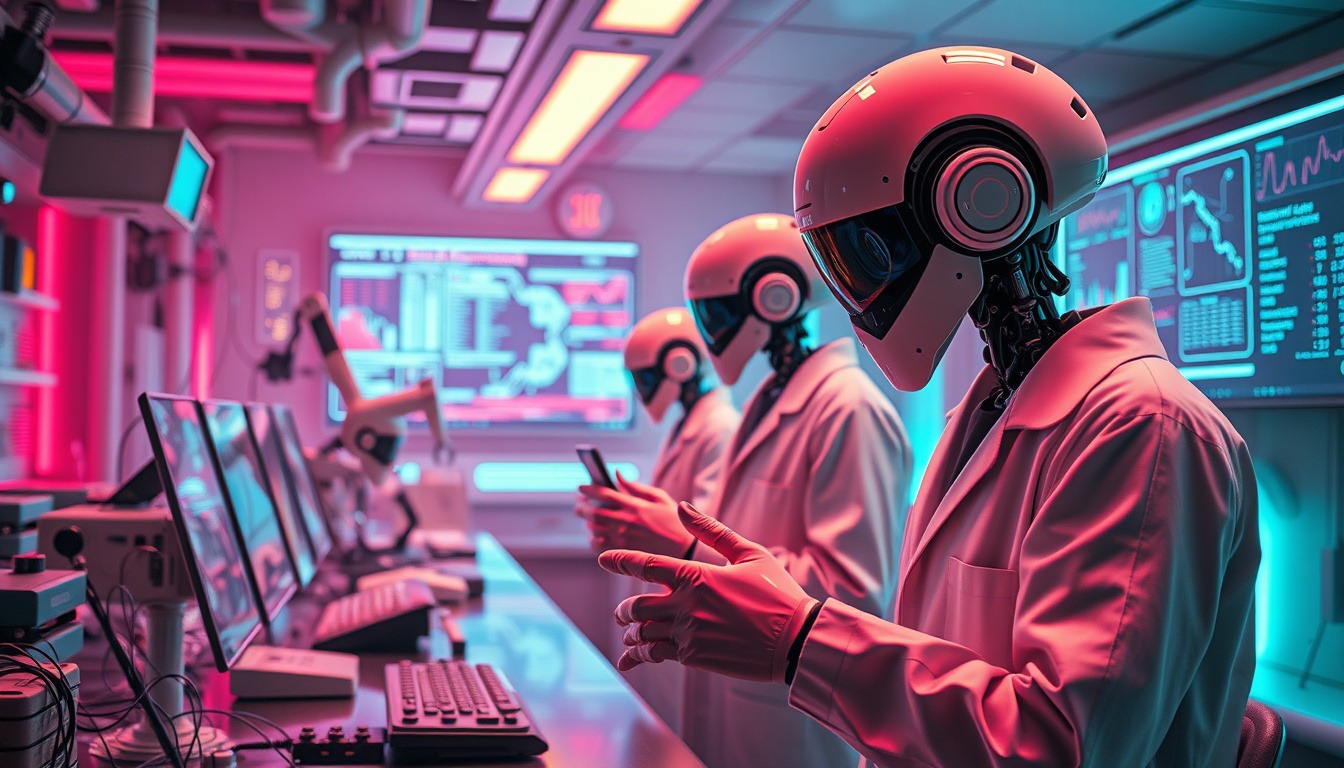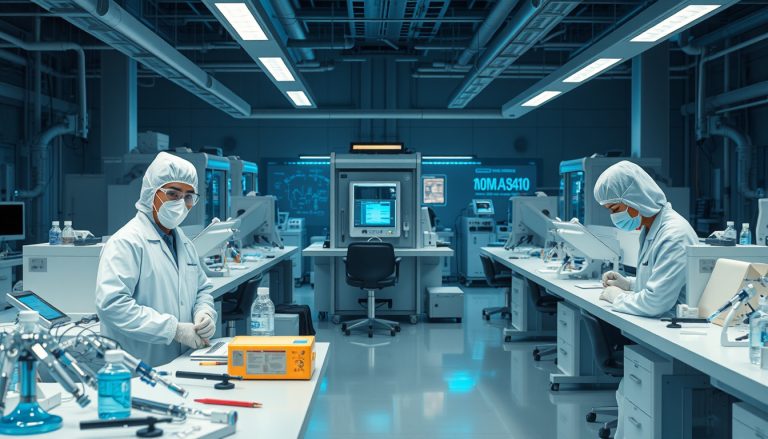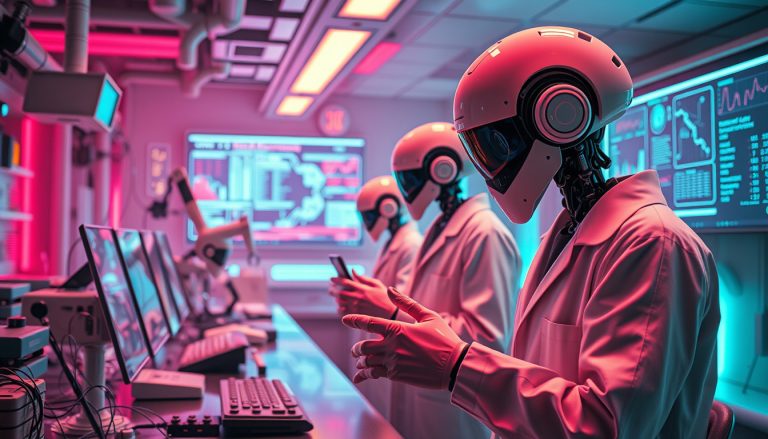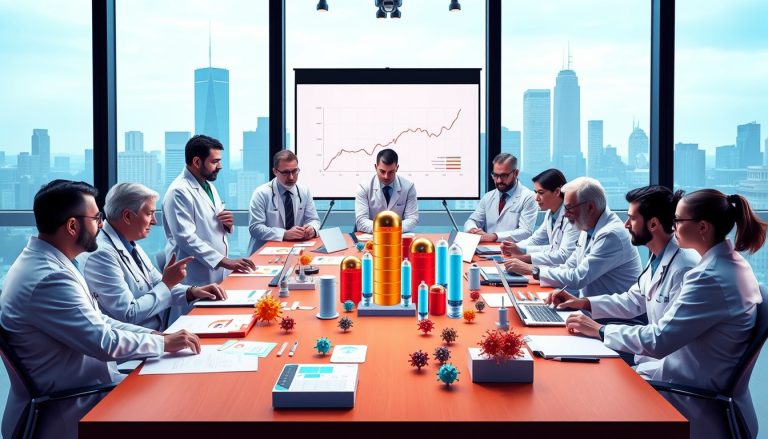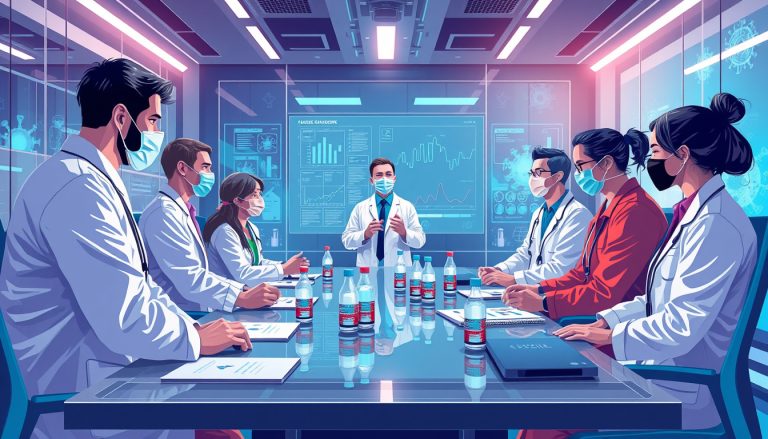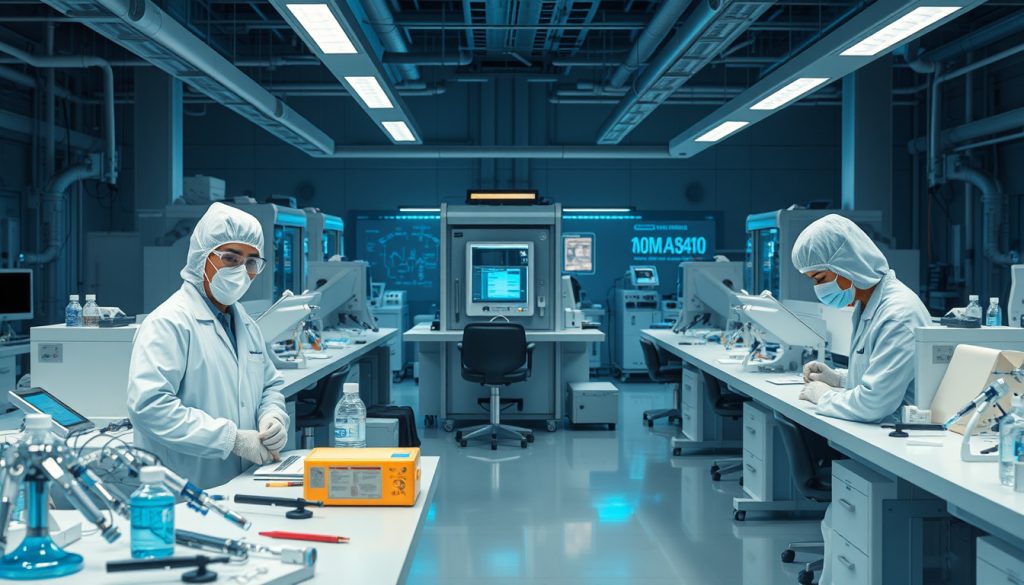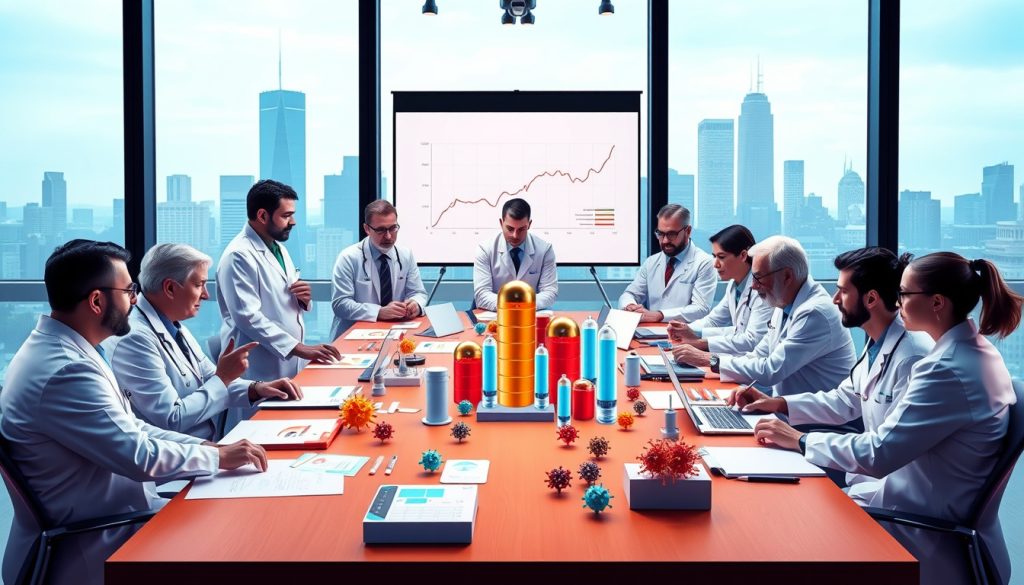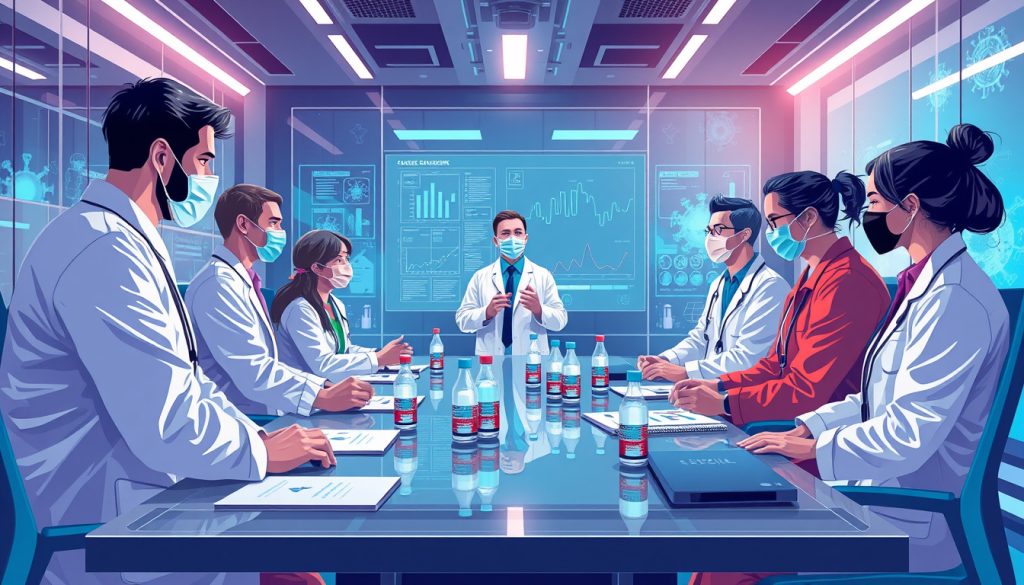In a significant shift within the biotech landscape, Insitro has announced a 22% reduction in its workforce, a move indicative of the broader challenges the biotechnology sector is currently grappling with.
Founded in 2018 by CEO Daphne Koller, Insitro focuses on leveraging artificial intelligence to revolutionize drug discovery and development.
As the company navigates through tumultuous market conditions fraught with economic tensions and regulatory complexities, this layoff raises pressing questions about the future trajectory of AI in medicine and the potential impacts on innovative startups in this space.
In this article, we explore the implications of these workforce reductions for Insitro’s strategic objectives, the current state of the biotech industry, and how AI-driven innovation will shape the future of medicine amidst such uncertainty.
Understanding these dynamics can provide valuable insights for both industry professionals and investors.

Key Takeaways
- Insitro’s 22% workforce reduction highlights the financial instability affecting the biotech industry.
- The layoffs signal significant challenges for AI-driven companies in navigating market conditions and regulatory hurdles.
- The future of AI in medicine may be influenced by how firms adapt to the current biotech landscape.
The Impact of Workforce Reduction on Insitro’s Goals
Insitro, a rapidly evolving biotech company known for its ambitious integration of artificial intelligence into drug discovery, has recently made headlines by announcing a considerable workforce reduction, affecting 22% of its employees.
Founded in 2018 by the esteemed CEO Daphne Koller, Insitro aims to harness AI for more efficient and effective drug development processes.
However, the decision to downsize comes as a reaction to the prevailing challenges in the biotech industry, marked by serious economic strains and shifting regulatory landscapes.
These factors have created a climate of financial uncertainty, forcing many biotech firms, including Insitro, to reassess their operational strategies.
By streamlining its workforce, Insitro hopes to navigate these turbulent times while remaining committed to its innovative mission.
This critical juncture underscores the delicate balance biotech companies must maintain between ambitious research endeavors and fiscal sustainability amid unpredictable market conditions.
Navigating the Future of AI in Biotech amidst Market Challenges
The biotech landscape is undergoing profound changes, particularly as companies like Insitro grapple with the complexities of innovation and financial viability.
The intersection of artificial intelligence and drug development promises groundbreaking advancements, yet the current environment presents challenges that cannot be ignored.
For instance, increasing regulatory scrutiny and funding constrictions have led many firms, particularly in the biotech sector, to make tough decisions.
With rising operational costs and a heightened focus on delivering timely results, companies are now prioritizing leaner operations to maintain competitiveness.
As Insitro exemplifies, strategic workforce adjustments are one response to these overarching pressures, reflecting a broader trend among biotechnology firms as they seek to adapt and thrive against the backdrop of economic instability.

